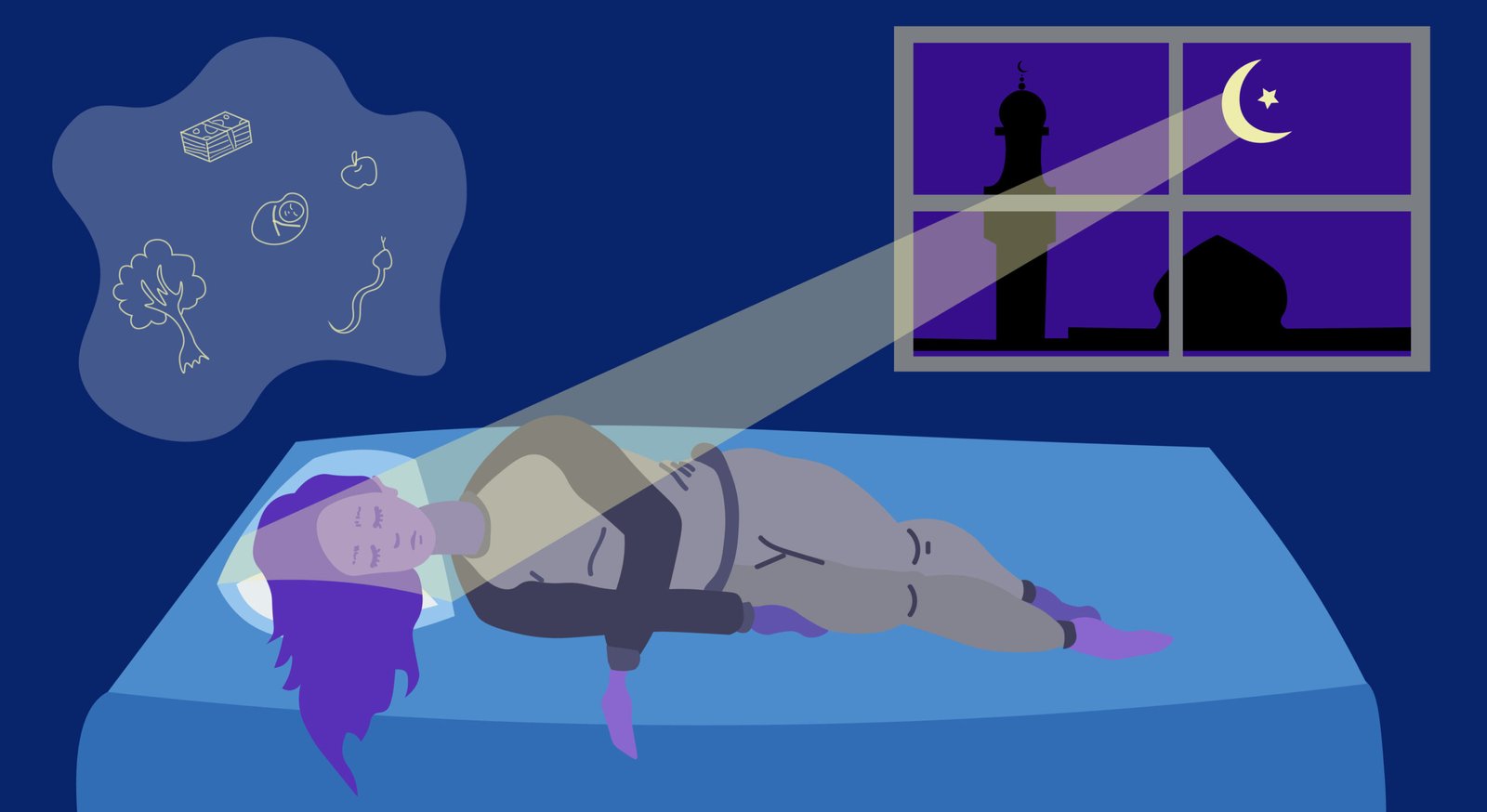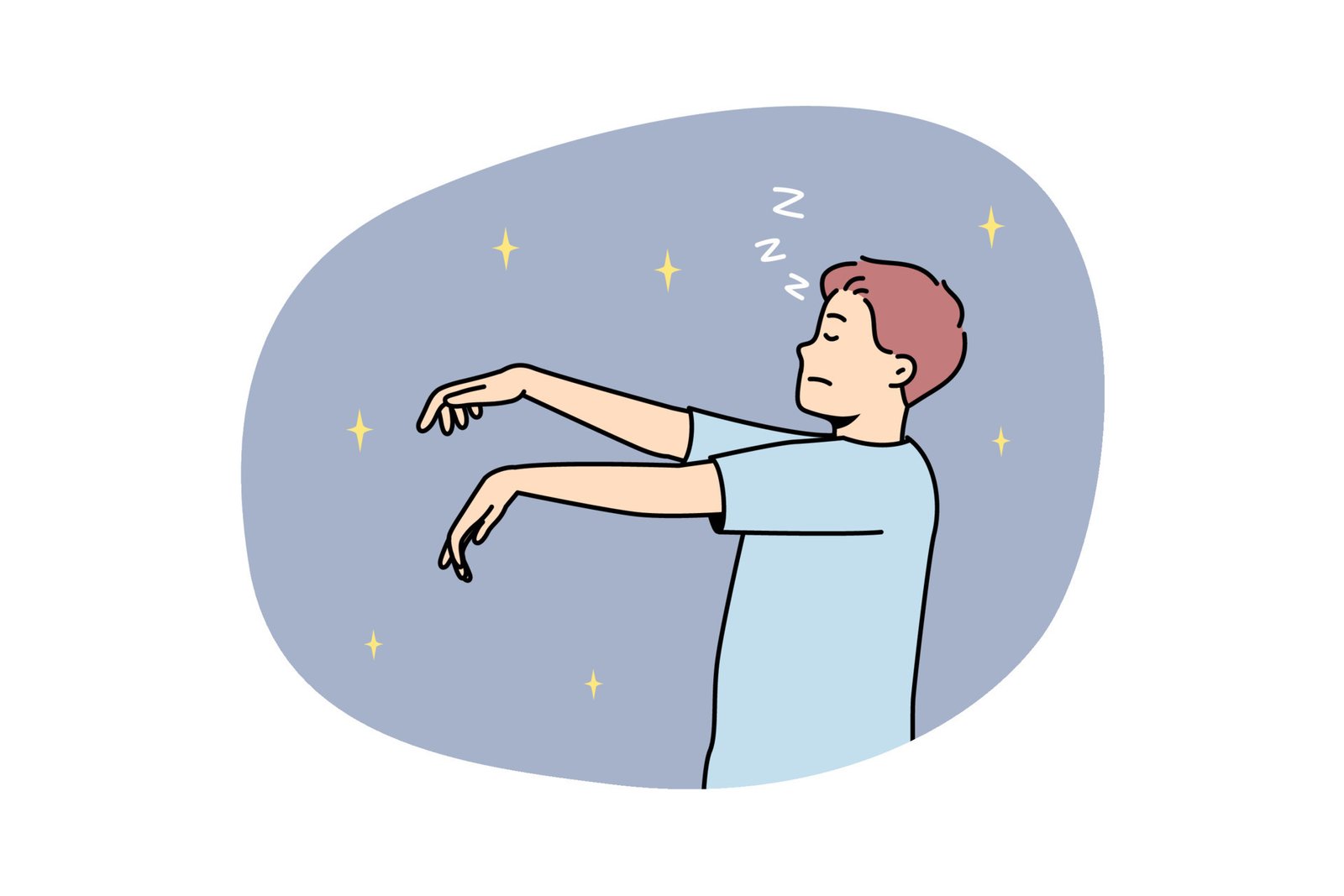The Comprehensive Guide to Sleep and your health: Unraveling the Mysteries for a Healthy Life
Understanding the Essence of Sleep:
What is Sleep?
Sleep is a complex and vital physiological process that is crucial for overall health and well-being. It is a naturally recurring state characterized by altered consciousness, reduced sensory activity, and inhibited voluntary muscle movement. Sleep is an important factor of your health.
Types of Sleep:
- Non-Rapid Eye Movement (NREM) Sleep:
- Stage 1: Light sleep, transition from wakefulness to sleep.
- Stage 2: Slightly deeper sleep, preparing for deeper stages.
- Stages 3 and 4: Deep sleep or slow-wave sleep (SWS), vital for physical restoration and growth.
- Rapid Eye Movement (REM) Sleep:
- Dreaming occurs during REM sleep.
- Essential for cognitive functions and emotional regulation.
Historical Perspective of Sleep and Brain Benefits:
Sleep has been a subject of fascination throughout history. Early cultures believed that dreams were a means of communication with the divine. In the 20th century, scientific advancements revealed the profound impact of sleep on brain function. Key benefits include memory consolidation, emotional regulation, and overall cognitive health.
The Influence of Sleep on Dreams:
Dreams occur during REM sleep, and they play a crucial role in processing emotions, consolidating memories, and problem-solving. Understanding dream content provides insights into one’s emotional and mental well-being.
How Good Sleep Protects Against Bacteria:
Quality sleep enhances the immune system, helping the body defend against infections. During sleep, the immune system releases cytokines, proteins crucial for immune response. Adequate sleep is a key factor in maintaining a strong defense against bacteria and viruses.
Sleep Stages Across the Lifespan:
Infants:
- Spend a significant portion of their sleep in REM.
- Essential for brain development.
Children:
- Consistent sleep patterns crucial for growth and learning.
Teenagers:
- Shift in circadian rhythm, leading to delayed sleep onset.
- Importance of maintaining a regular sleep schedule.
Adults:
- Balancing work, social life, and sleep.
- The significance of maintaining consistent sleep hygiene.
Decoding the Mystery of Snoring:
Why Do People Snore?
- Partial obstruction of the upper airway during sleep.
- Vibrations of soft tissues in the throat cause the sound.
Impact of Snoring:
- Disrupts sleep for both the snorer and their bed partner.
- Linked to cardiovascular issues and daytime fatigue.
Effects on Body Muscles:
- Can strain the heart and respiratory muscles.
- Associated with an increased risk of high blood pressure.
Exploring Hypersomnia:
Hypersomnia is characterized by excessive daytime sleepiness. It can be caused by various factors, including sleep disorders, medical conditions, or medications.
Unraveling Eye Movements in Sleep:
Rapid eye movements during REM sleep are a distinctive feature. They are believed to be associated with vivid dreaming and play a role in visual and emotional processing.
Periodic Limb Movements of Sleep:
Involuntary jerking or twitching of the legs during sleep. It can disrupt sleep and lead to daytime fatigue.
Understanding Sleepwalking:
Sleepwalking, or somnambulism, involves performing activities while asleep. It usually occurs during NREM sleep and is more common in children.
Golden Rules for a Good Night’s Sleep:
- Maintain a consistent sleep schedule.
- Create a comfortable sleep environment.
- Limit screen time before bedtime.
- Avoid caffeine and heavy meals close to bedtime.
- Engage in relaxation techniques before sleep.
Tips for Early Bedtime:
- Gradually shift bedtime earlier.
- Create a calming bedtime routine.
- Dim the lights in the evening to signal the body that it’s time to wind down.
How can you optimize your physical health?
The Numerous Advantages of Quality Sleep:
- Physical Health:
- Supports immune function.
- Aids in muscle repair and growth.
- Regulates hormones related to appetite and metabolism.
- Mental Health:
- Enhances cognitive function and memory.
- Regulates mood and emotions.
- Overall Well-being:
- Improves overall quality of life.
- Contributes to longevity.
The Role of the Biological Clock:
The circadian rhythm, often referred to as the biological clock women and men, regulates the sleep-wake cycle. Exposure to natural light during the day and darkness at night helps maintain a healthy circadian rhythm.
Debunking the Myth: Insomnia is Not a Disease:
Insomnia is a symptom, not a disease. It can be caused by various factors, including stress, anxiety, or underlying medical conditions.
Common Complaints Related to Sleep:
- Difficulty Falling Asleep:
- May be due to stress or an irregular sleep schedule.
- Frequent Waking During the Night:
- Could be linked to sleep disorders or environmental factors.
- Daytime Fatigue:
- Often associated with poor sleep quality or sleep disorders.
Diseases Related to Sleep:
- Sleep Apnea:
- Characterized by pauses in breathing during sleep.
- Linked to cardiovascular issues.
- Narcolepsy:
- Involves sudden and uncontrollable episodes of sleep during the day.
- Restless Legs Syndrome:
- Causes discomfort and an urge to move the legs, disrupting sleep.
Circadian Rhythm Disruption:
Shift work, jet lag, and irregular sleep patterns can disrupt the body’s natural circadian rhythm, leading to sleep difficulties and health issues.
Reasons Behind Disturbed Sleep:
- Stress and Anxiety:
- Common contributors to sleep disturbances.
- Impact both falling asleep and sleep quality.
- Environmental Factors:
- Noise, light, and uncomfortable sleeping conditions can disrupt sleep.
- Medications:
- Certain medications may interfere with sleep patterns.
Common Misunderstandings About Sleep:
- Quality vs. Quantity:
- It’s not just about the number of hours but also the quality of sleep.
- Sleeping In on Weekends:
- While tempting, it can disrupt circadian rhythm and make it harder to wake up on weekdays.
Fun Facts About Sleep:
- Dreams in Black and White:
- Before the advent of color television, the majority of people reported dreaming in black and white.
- Sleeping Animals:
- Many animals, including cats and bats, are polyphasic sleepers, meaning they sleep multiple times a day.
- Sleepwalking Prevalence:
- Sleepwalking is more common in children but can persist into adulthood.
Unraveling the mysteries of sleep offers profound insights into maintaining a healthy and balanced life. From the historical fascination with dreams to the intricate stages of sleep across different ages, understanding the nuances of sleep contributes to a holistic approach to well-being. Embracing good sleep hygiene, dispelling misconceptions, and prioritizing the importance of rest can pave the way for a fulfilling and energized life. Sweet dreams!




